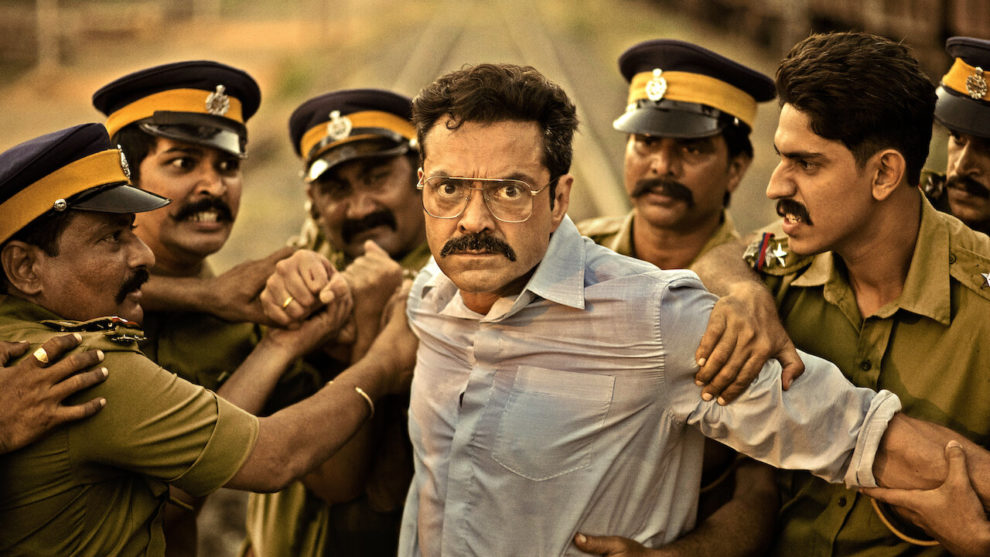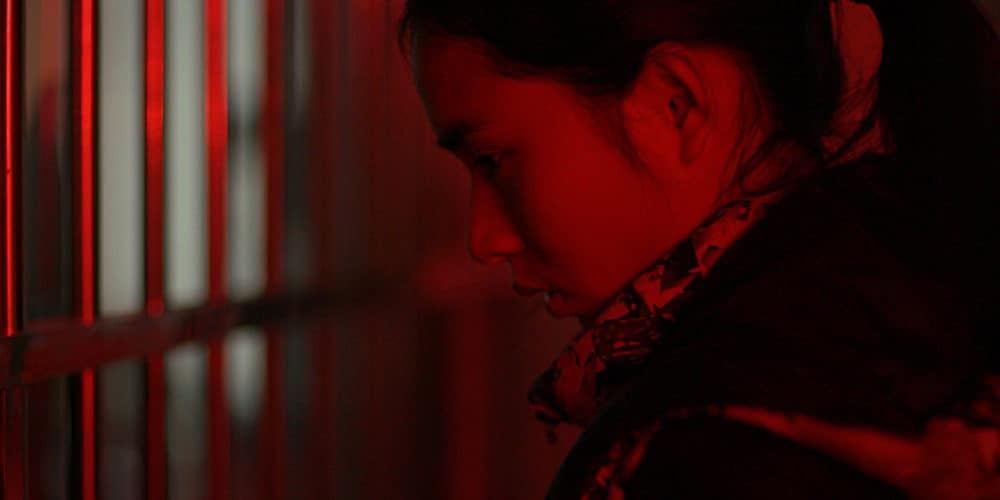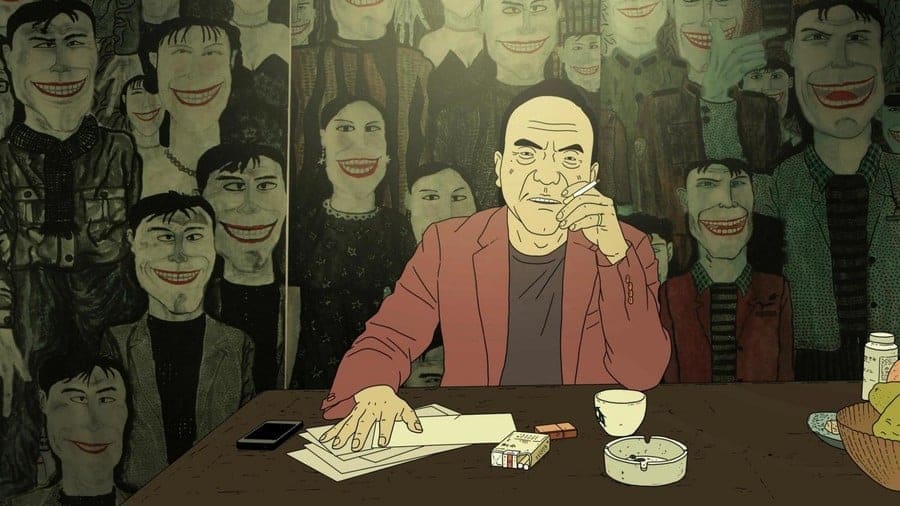Having a great idea for a film does not guarantee success, particularly when the direction and the editing are of average level. Unfortunately, this is exactly the case with “Class of '83”.
The script is based on the homonymous novel by leading crime journalist Hussain Zaidi, which in turn is based on the lives of real-life cops, like Pradeep Sharma and Vijay Salaskar, who trained under DGP Arvind Inamdar when he was head of the Maharashtra Police Academy. The story is set in 80's Bombay when crime was quite dominant, as a result of unemployment of young men due to an ongoing mill strike, which led them, en masse, to join organized gangs, whose ties with political authority were stronger than ever.
In this setting, Vijay Singh, a man who always put his duty over everything, including his family, is serving as the Dean of the police academy, in a punishment-posting that resulted after a tragic incident that occurred some years ago. Convinced that the only way to fight crime is for policemen to implement the same tactics as their opponents, including murder and constantly twisting the law to trick the authorities, he picks five cadets, Jadhav, Shukla, Aslam, Varde, Surve and trains them to use criminal ways for the larger good. His efforts eventually pay off, but the cadets soon find themselves on the payroll of different warring gangs, and inevitably, fighting among themselves, while the pressure towards Singh intensifies. Expectedly, all hell breaks loose.
Let me start with the good parts of the movie. To begin with, Mario Poljac's cinematography is impressive, with the way the different settings are portrayed, including the academy, the streets, houses and restaurants all being exquisitely presented, highlighting the crime-thriller premises of the narrative in the best fashion. Furthermore, the acting is quite good, with Bobby Deol as Vihay Singh depicting all his character's levels and psychological statuses with realism and artistry, being equally convincing as a respectable dean, a vigilante, and a broken man. The same applies to Ninad Mahajani, Bhupendra Jadawat,Sameer Paranjape, Hitesh Bhojraj and Prithvik Pratap in the roles of the young cadets, with their chemistry being excellent, and particularly highlighted in the moments they fight.
This is however, where the traits stop and the faults start. To start with, the story Sabharwal wanted to tell is too long for the 98 minutes the movie lasts. To manage to include as much as possible in, he cut a number of episodes, making a plethora of leaps forward in time, which ended up making the narrative almost incoherent, and the characters' actions inexplicable. Consequently, Manas Mital's editing intensified this sense, as we watch the cadets being friendly in one scene, a flashback on Singh's in the middle, and the cadets having become almost enemies in the next. The same applies to the path Singh takes in the present, with the leaps also faulting the sketching of his character significantly. Furthermore, and through this approach, the metastrophe of almost all characters seems illogical, while the social comments about the corruption that ruled Mumbai at the time get completely lost in the chaos of the narrative. Lastly, the fact that this pace and editing style is not implemented from the beginning, with the first scenes in the Academy actually unfolding more logically in the timeline, makes things even worse.
“Class of 83” could have been a great crime film, since the story and the cast were there, but unfortunately, nothing else was.















